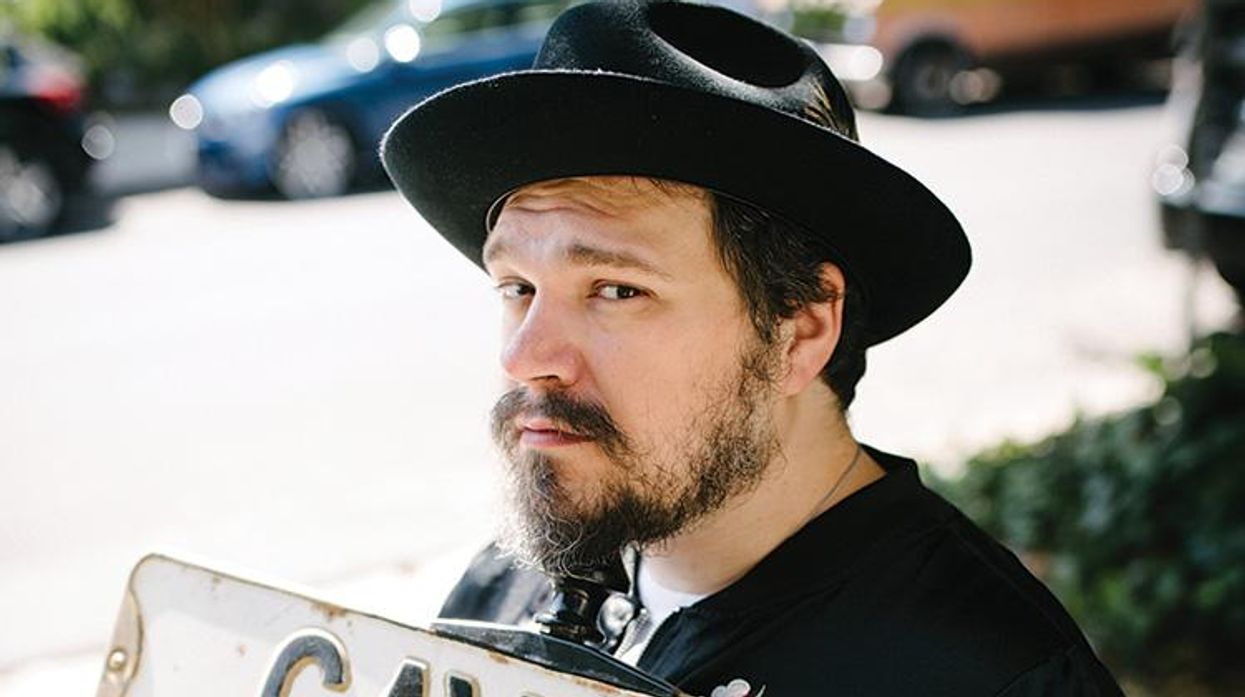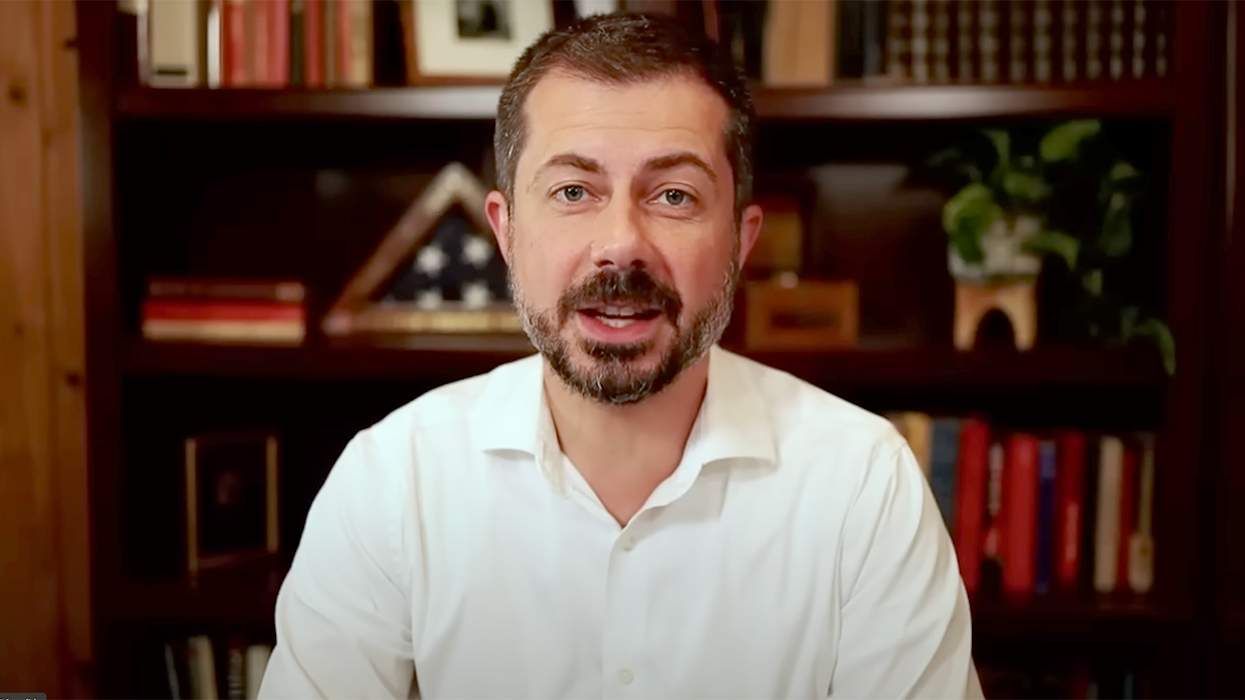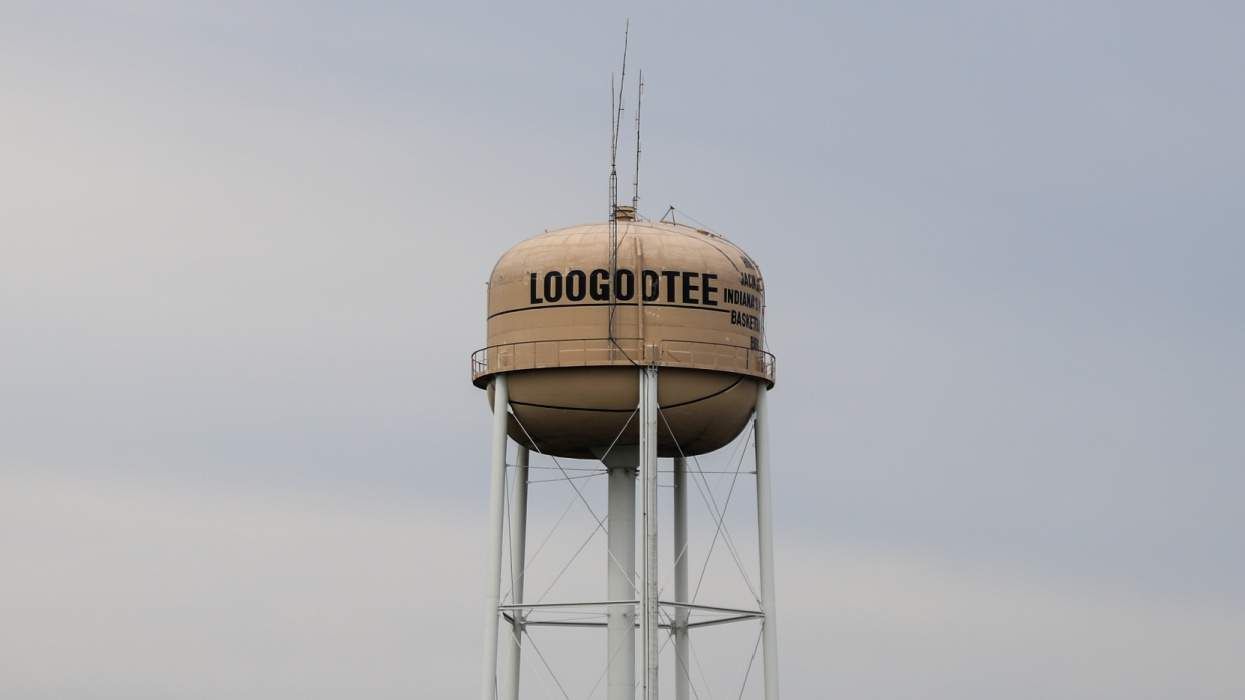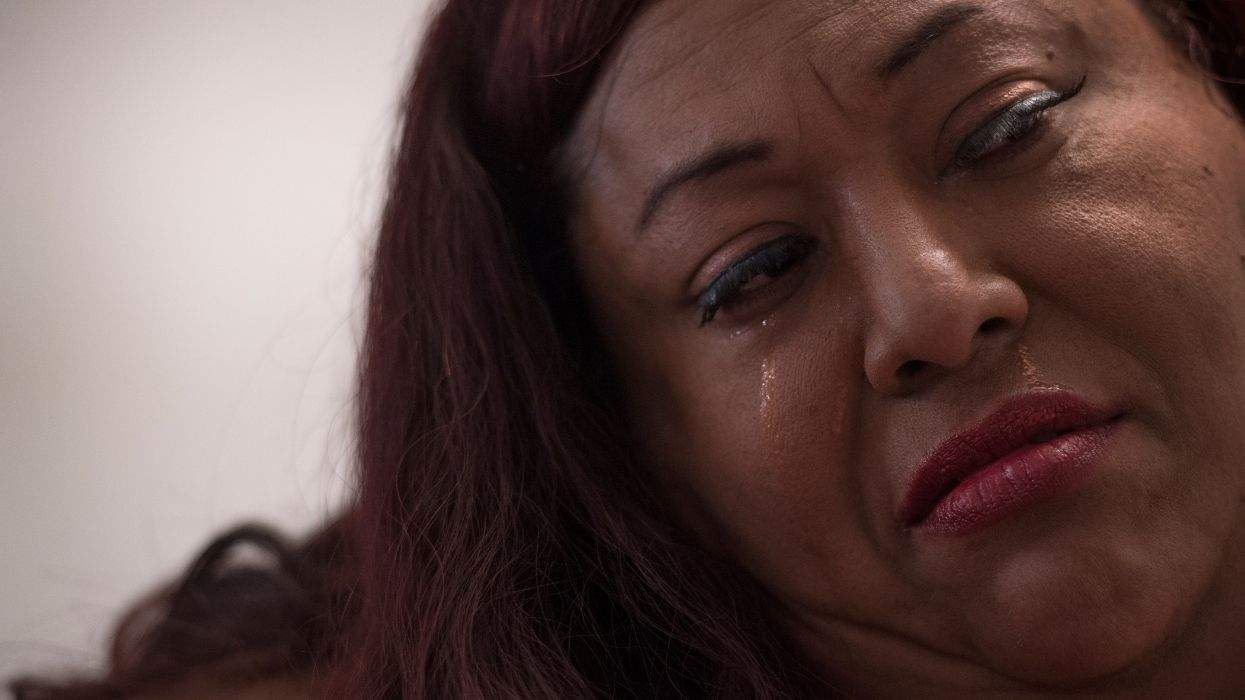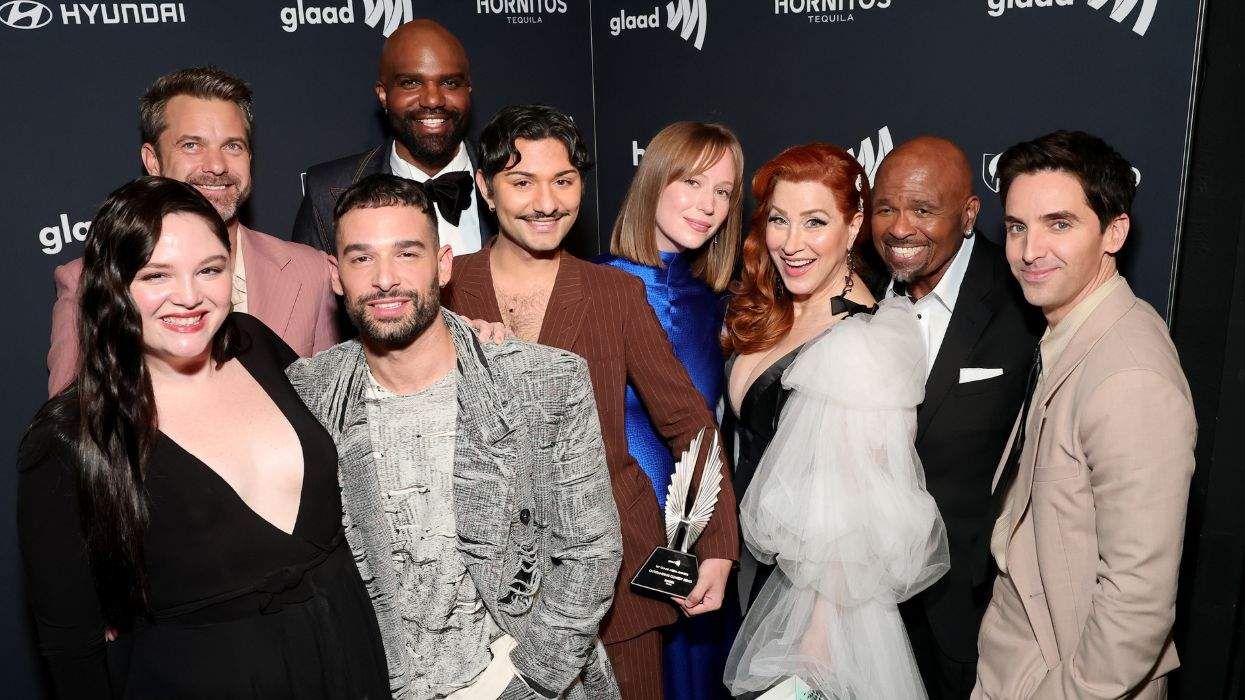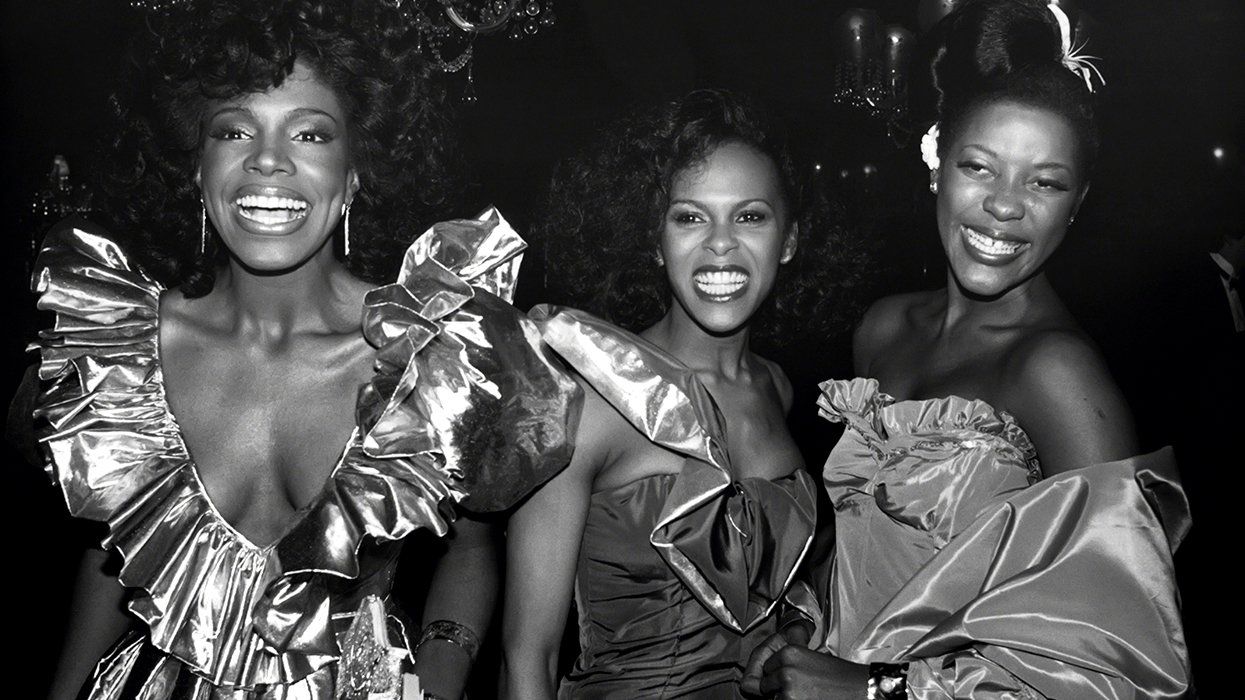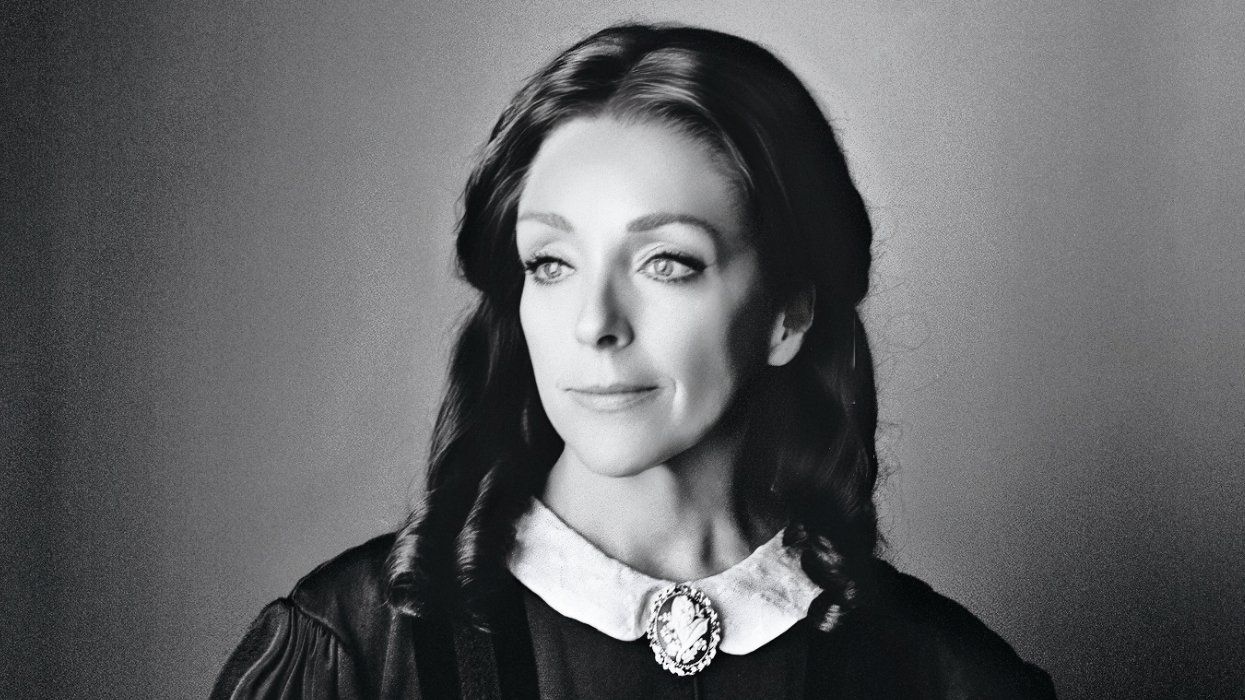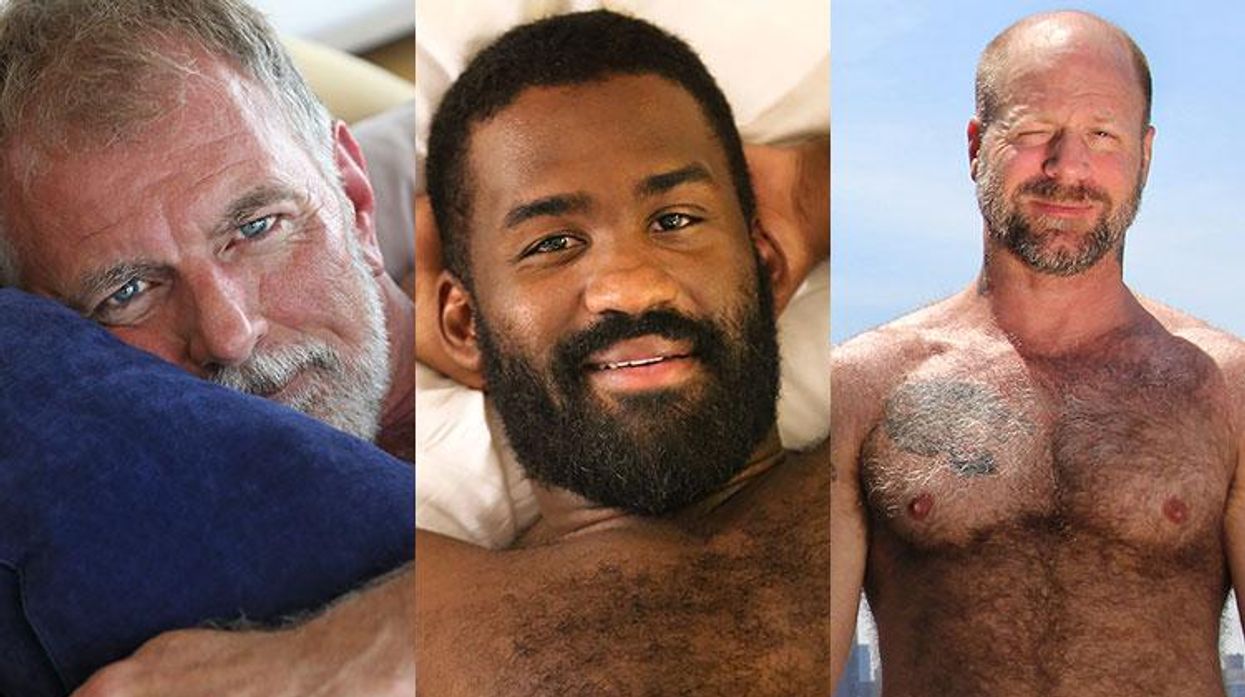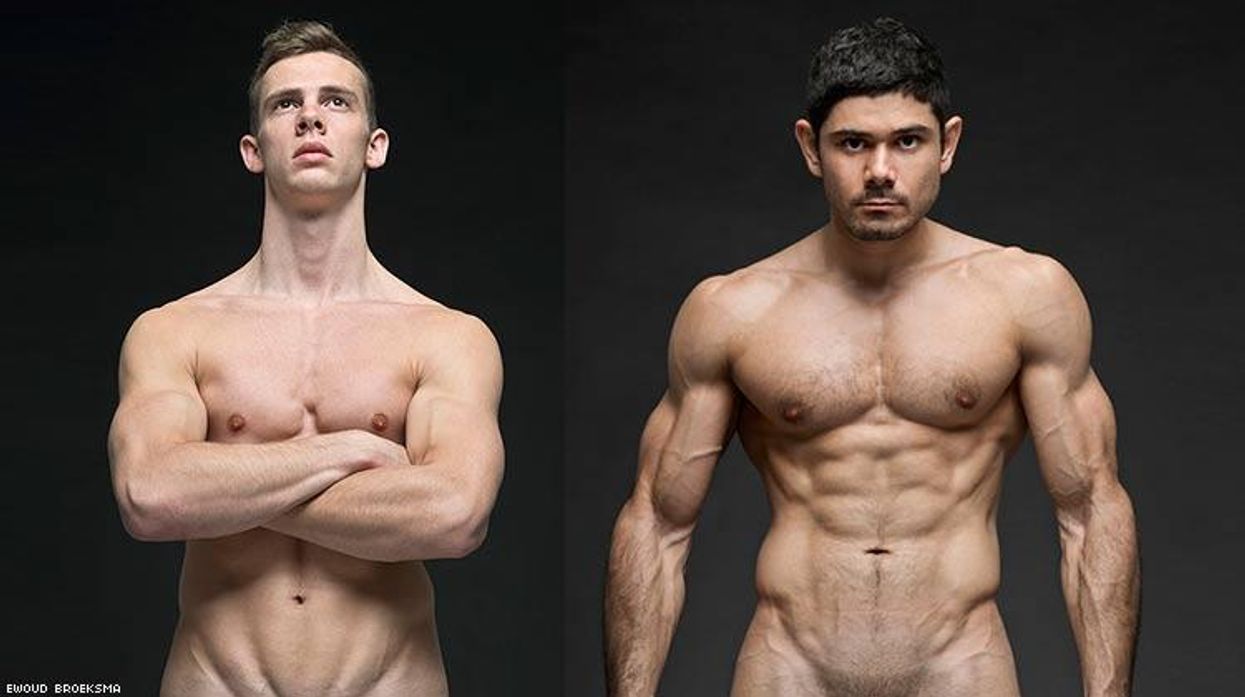The murky and gothic world of Dark Shadows, a soap opera that originally aired on ABC from 1966 to 1971, featured a family plagued by ghoulish creatures of the night: ghosts, werewolves, zombies, witches, warlocks, and more. Barnabas Collins (played by Johnny Depp in Tim Burton's 2012 film adaptation of Dark Shadows) at first appears to be just another monster, a 175-year-old vampire driven by bloodlust and the memories of a lost love. But the bloodsucker undergoes a transformation, eventually reflecting very human qualities as he repeatedly risks his own existence to save others.
Long before marriage equality ruled the land, movie monsters were ways for scriptwriters to bring euphemistic queer characters to life. Exiled to the underground and the fringes of culture, monsters (and queers) frightened mere mortals by simply being themselves. So it's fitting that Justin Sayre -- whose work often celebrates queer culture -- has set his latest theatrical production, Ravenswood Manor, in the "world of the weird and wonderful Dark Shadows." But Ravenswood, he promises, is its own monster, both "high camp, with a lot of laughs and silliness, but also a gripping horror story." The 12-episode production premiered at Los Angeles' Celebration Theatre in October, with two new episodes back to back each week for six weeks.
It's hard to sum up the multitalented entertainer's accomplishments as a writer and performer. His award-winning cabaret/variety act, The Meeting of the International Order of Sodomites, ran for eight seasons in New York, and Night of a Thousand Judys, his benefit show for the Ali Forney Center for homeless LGBTQ youth, is nearly as old. His five-part gAy-B-C's: A Brief History of Queer Culture is being released in book form. He also appeared in Lisa Kudrow's The Comeback, and his podcast Sparkle and Circulate is available on Apple Podcasts. His comedy album The Gay Agenda was named one of the Best of 2016 by the Comedy Bureau. And as a playwright, his works include Love's Refrain, The Boy Sonata, Rite of Water: A Life of Hart Crane, Justin Sayre Is Alive and Well...Writing, and The Click of the Lock.
Sayre's bicoastal life means he's been claimed by both the West and the East, having been named among the "Funniest People in Brooklyn" by Brooklyn magazine and one of "L.A.'s 16 Most Talented LGBT Comics" by Frontiers magazine. He has also written for the TV shows 2 Broke Girls and The Cool Kids, and he has a new Sony project in the works.
"I wanted to live in this weird and wonderful world for as long as I could," he tells The Advocate about Ravenswood. The writer could just as easily be speaking of the middle school world he created in his popular young adult novels (Husky, Pretty, Mean).
In his YA books he hopes to encourage young readers to follow their own path and accept that "your view of the world is just that: yours, and therefore subjective." A related common theme revolves around identity and how we are all more than a single descriptive.
"All the books use the adjective that they would be labeled, but take the time to show the myriad of other things the husky boy or the pretty girl or the mean girl can be," he says.
While Sayre likes to revel in the worlds he creates, he also acknowledges being drawn to "the challenge of writing something like [the 12-episode Ravenswood]. You want to make each play an adventure all its own, but you also want to move the story forward. We have incredible comedic adventures with this truly spectacular cast, but we also follow an overarching story that builds toward an exciting conclusion. I want to make something you can follow week to week or drop in for [one night] and still have an amazing time. We make sure to catch you up, with our 'Previously on Ravenswood Manor'...but each and every week is a storyline that gives everyone a beginning, middle, and an end."
Two of Sayre's most popular works, The Meeting and gAy-B-C's, celebrate queer culture. He describes that culture as "all about invention. We invent our lives, we invent a new way to look at the world, and from that vantage point we get to see things a little different. I also think that queer people have been outliers for so long, we have a natural skewed view of the norms presented to us. Camp is a major thread through all of that. A way to rejoice in the frivolous and to celebrate the forbidden or the unspoken."
"Queer expression and invention is needed now more than ever," Sayre says. He sees it as an antidote to "the endless approval wheel that social media has put everyone on. [Queer culture] is not about being liked and being safe, it's about being weird and creative and resourceful and a creation of your very own."
This denizen of screen, books, and stage says he would love to become an EGOT [someone who has won Emmy, Grammy, Oscar, and Tony awards], but he places his focus elsewhere.
"I think what's more important to me is to make a body of work that expresses my view and my voice in the time I have," he says. "I think we tell the stories we're meant to tell, and I want to create a body of work that expresses the stories in me that have a place in the world."
A singer who hopes to release his first album in 2020, Sayre admits, "If I had a dream, I think I would have liked to just be a jazz singer somewhere in a small club. Maybe someday." Still, he insists, "My heart always belongs to the theater. It's magic. Getting a whole group of people to believe something at the same time. That's a spell, and in that mystical space, we can really change lives. Being live and present with a whole group of folks believing in something together is the thrill of my life."
Understanding that each individual view of the world is subjective is the first step, Sayre says, in acknowledging "the true complicated humanity of others." He says that even within the queer community, some white men feel like they are "being forced out as if there were only a certain amount of seats at the table."
"But that premise in itself is wrong," Sayre argues. He offers a different perspective: "There aren't just a certain amount of seats. If the table isn't big enough...we don't kick people out, we get a bigger table. For so long, LGBTQ people and narratives have been forced into a feeling of scarcity. We only get one show or one space or one form of representation, but that's playing into a game that isn't ours. We need more. We deserve more. Because we are more."
"For myself, intersectionality is life," he adds. "My community is made up of people of color, of female-bodied people, of people with disabilities, with people of different gender expressions and identities. I don't see issues like Black Lives Matter or women's reproductive health or immigration as separate from me. They are issues that affect my community. The separation comes from outside, and that's the greatest evil. We're all in this fight together, and we have to remember that until we're all free, none of us truly are."
